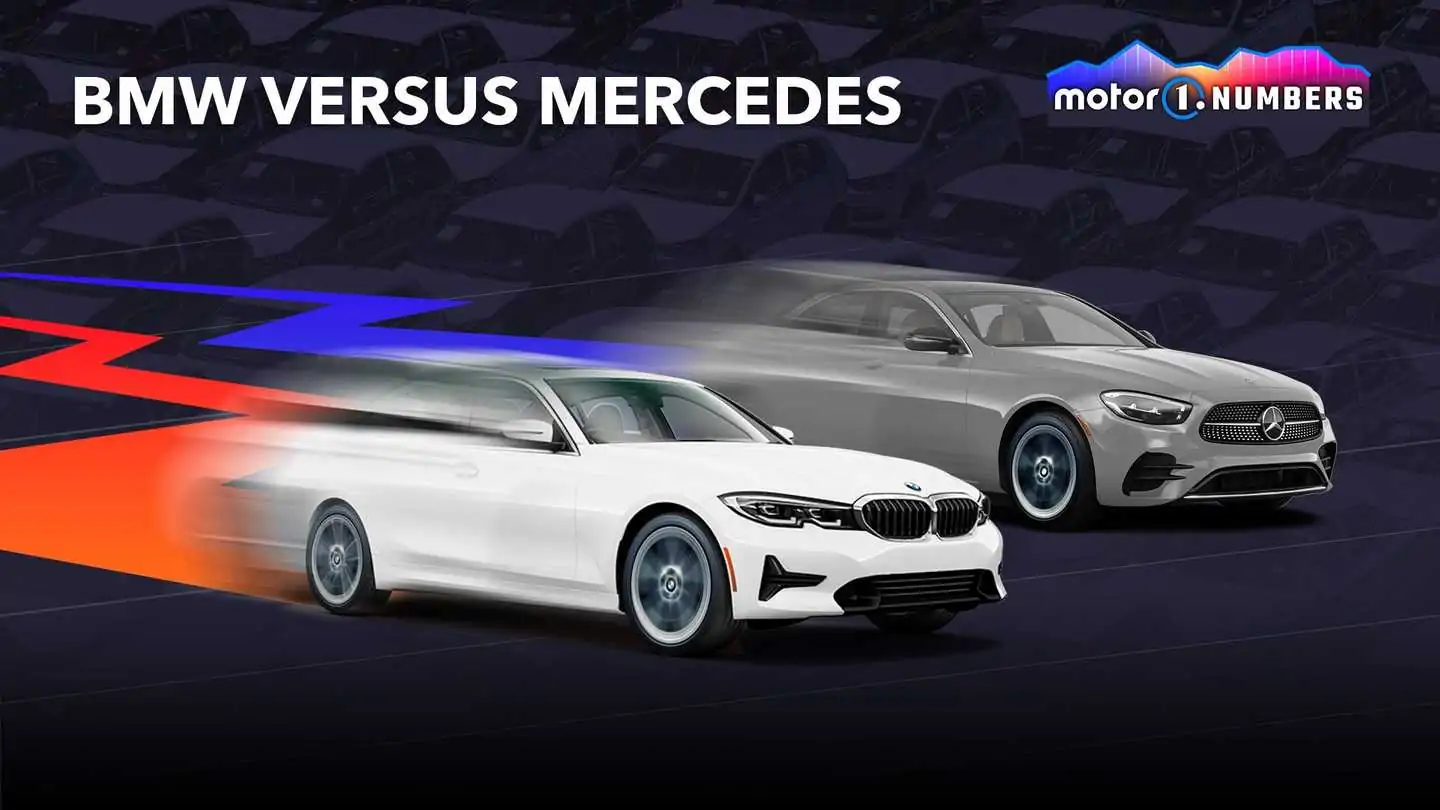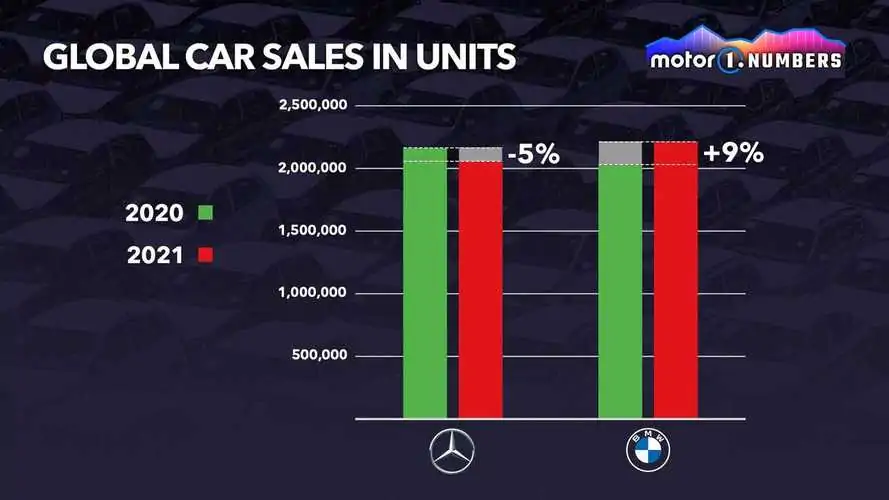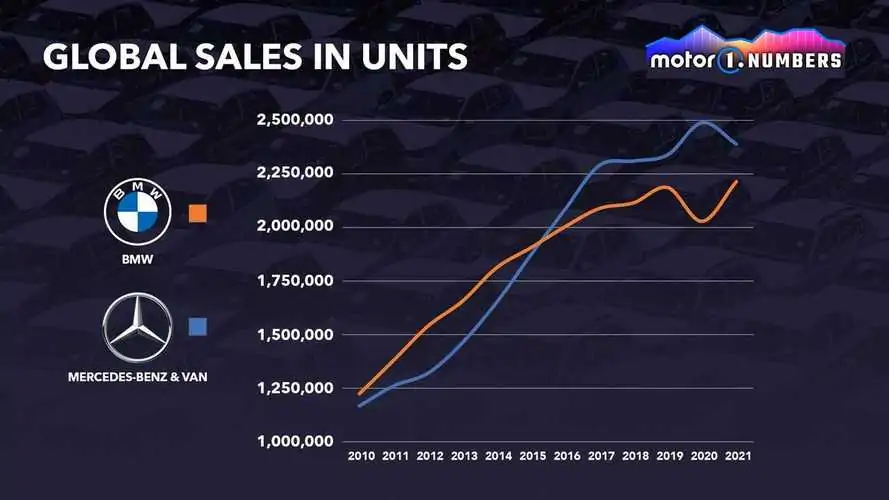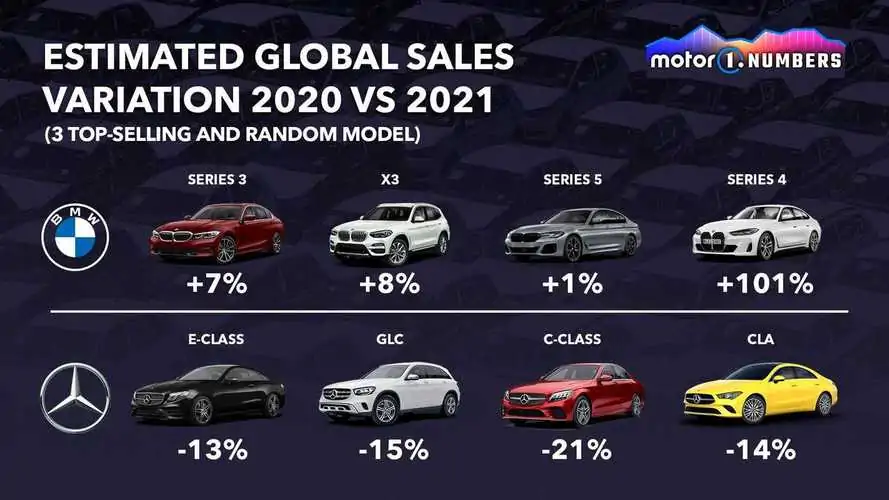 Mercedes is currently more conservative than BMW in its actions, but time will reveal which strategy is the best.
Mercedes is currently more conservative than BMW in its actions, but time will reveal which strategy is the best.
There is one healthy rivalry that spans the entire history of automobile history: Mercedes-Benz vs. BMW. It is impossible to talk about one house without talking about the other. They are rivals in every way, like Renault and Peugeot, Lamborghini and Ferrari in Italy, Ford, Chevrolet, and Toyota and Honda in Japan.
This friendly competition has led to notable improvements in performance, safety and design in the motoring industry. Mercedes is the most powerful motivator to keep BMW moving, and vice versa. The strong competition would have made it more difficult for the German companies to maintain their position at the top of premium car markets. It is always good to have competition.
Today, BMW as well as MercedesBenz are two of the most sought-after premium car brands worldwide. These companies are coveted by many motorists, as evidenced by the statistics. They combined sold almost 4.3 million vehicles by 2021, representing 40 percent of global premium- and luxury vehicle sales.
BMW is Growing Faster
Although the two companies have been closely related in terms of technology and innovation for a long time, there are now signs that things are changing. BMW, for example, overtook Mercedes last year and became the most beloved premium car brand in the world thanks to a 9 per cent increase in volumes over 2020. Mercedes-Benz, excluding Smart and vans, saw a 5 percent drop.

BMW has seen a rise in demand for its most popular models while Stuttgart has been hit by the aging EClass and C Class. BMW saw an increase in volume sales in China, Europe and the United States while Mercedes suffered declines in these markets. The differences in the sales figures for North America and China are significant. They were up 8 percent each and 21 percent respectively, while they fell by 3 percent and 1 percent.

Aggressive Versus Conservative
The differences in strategies used by the companies partly explain last year’s success. Mercedes has been focusing its efforts over the past decade on decreasing the average age of its customers. This change resulted in the introduction of the A-Class, CLA, CLS, and the SUV range with coupe derived versions. These are smart choices. Mercedes is now known for its elegant, luxurious sedans as well as its sportier, more powerful SUVs.
BMW has never faced this problem. Contrary to its historical positioning, BMWs are now associated with premium performance. In recent years, there have not been many changes to the strategy. Until now.

According to the most recent data, BMW seems to be taking a more aggressive approach than Mercedes. This is evident in the BMW IX, which was the second generation of the 4 Series and the BMW 7 Series that were recently updated. These models were social media’s atomic bombs, sparking all manner of discussion about the good and bad aspects. We have also seen that the new Mercedes models are a continuation of the evolution-versus-revolution concept.
We don’t know if the new approach will work for BMW or Mercedes and what the impact will be on the global sales gap. This could be a significant differentiator for the future or it could just be another cycle for both houses.